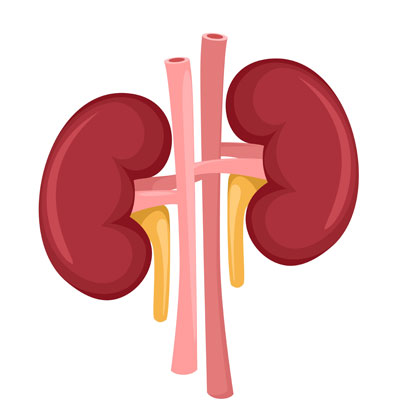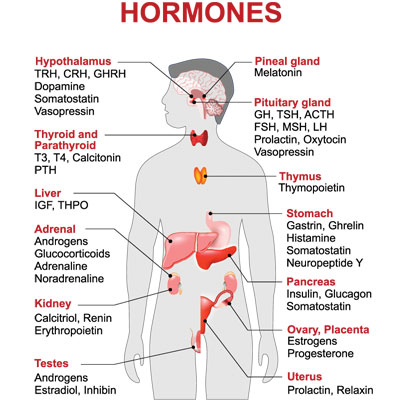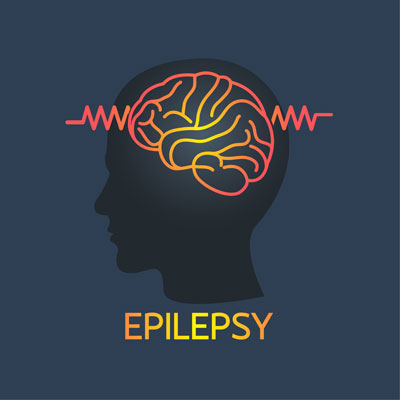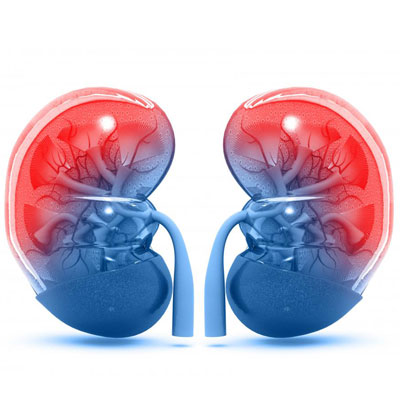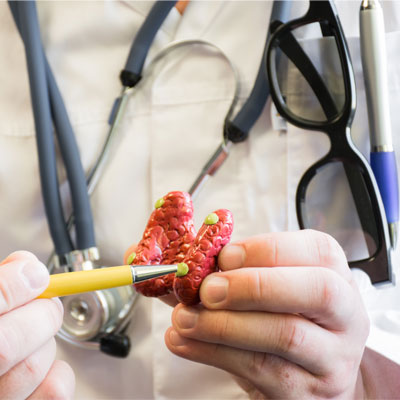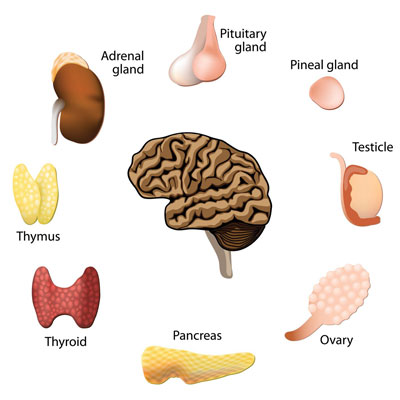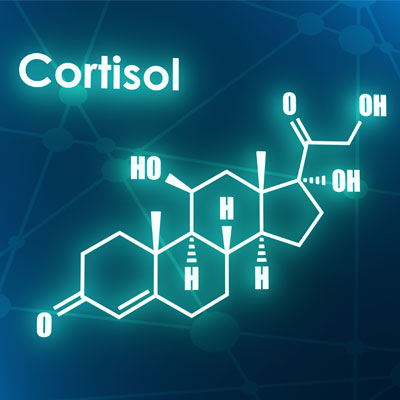Contents
Every hormone, each internal organ, in fact – every cell in the body has its own unique function. There is a song in childhood that teaches how one bone connects to another. That is the basis for how the body requires everything to work together in unison for the good of the whole being. For that reason, we look at HGH effects on kidneys. It may seem strange to talk about a chemical called human growth hormone and the kidneys in the same sentence. However, what you do not know about the connection may cause problems for your well-being.
Trusted sourceGrowth HormoneWikipediaGo to sourceHuman growth hormone production occurs in the pituitary gland. After that, HGH exits the pituitary in short, pulsatile bursts where it rushes through the bloodstream to GH receptor cells in the brain, on tissues, and in organs, including the kidneys. When HGH reaches the liver, it promotes the release of another hormone – insulin growth factor 1. Along with HGH, IGF-1 also exerts influence on the kidneys.
Both HGH and IGF-1 are polypeptides that play a role in regulating kidney development and growth during childhood. Later on in adult life, they maintain that growth by stimulating cell regeneration the prevents organ shrinkage. As the body ages, growth hormone levels decline. Without enough new cells to take the place of the ones that die off, the internal organs would shrink. As a result, their functions would suffer.
Maintaining positive effects of HGH on kidneys is crucial since the kidneys are responsible for filtering out about 2 quarts of water, wastes, and toxins from the blood each day. Proper renal function is essential to getting rid of toxic waste.
Another Trusted sourceHow Your Kidneys WorkNational Kidney FoundationGo to sourcefunction of the kidneys is the production of a hormone called erythropoietin that stimulates the bone marrow to produce red blood cells. What does HGH have to do with this? Only everything as erythropoietin requires testosterone for its stimulation, as well as enhancing how well the immature bone marrow cells react to erythropoietin. Testosterone, itself, requires healthy amounts of HGH for its production. Since HGH also promotes cell regeneration, it plays a double role in the production of new blood cells.
Impact of Growth Hormone Deficiency on the Kidneys
Adults with growth hormone deficiency that goes untreated may suffer from decreased kidney functions. If the kidneys cannot filter the 200 quarts of blood each day that moves through them, the body could be left with excess waste and water. Ongoing adverse HGH effects on kidneys could increase the potential for kidney disease in the future.
Since both HGH and the kidneys are required to work towards the production of new red blood cells, a person could also face the prospect of anemia.
HGH also helps to reduce inflammation in the body. Adults with chronic kidney disease (CKD) tend to have higher levels of inflammatory markers such as C-reactive protein.
HGH Therapy Effects on Adults with Chronic Kidney Disease
Chronic kidney disease is a serious medical condition. It can lead to a lifetime dependency on dialysis. The therapeutic HGH effects on kidneys for a person with CKD are potentially life-changing.
One way that HGH impacts the health of someone with CKD is by decreasing the risk of cardiovascular disease and its complications. CVD is often associated with higher mortality rates in people with chronic kidney disease.
Positive effects of HGH on kidneys and heart health for patients with CKD and CVD include:
- Decreasing the amount of leptin and ghrelin levels which tend to rise in CKD patients
- Reducing urea generation and output as well as protein catabolic rate
- Decreasing truncal fat mass by improving metabolic rate to mobilize and rid the body of stored abdominal fat
- Reducing LDL cholesterol and increasing HDL cholesterol to help remove arterial plaque and diminish the risk of atherosclerosis
- Lowering blood pressure levels
- Increasing red blood cell production and circulation
- Improving heart health by increasing left ventricular wall mass and ejection fraction
- Boosting cardiac output and capacity
- Enhancing nitric oxide synthesis
Adults with kidney disease are also subject to an increased risk of diabetes, obesity, depression, and osteoporosis. HGH plays a direct role in these health issues in the following ways:
- HGH helps to regulate the cellular uptake of circulating glucose. In addition to maintaining a healthy metabolic state, HGH reduces the risk of developing diabetes.
- Human growth hormone promotes proper metabolism to aid in weight loss efforts.
- Depression is common in people with any chronic illness. HGH deficiency patients often report feelings of depression which is common since growth hormone receptor cells in the brain do not receive enough HGH when a deficit is present. HGH therapy helps to alleviate feelings of depression and improve emotional state and quality of life.
- Through cellular regeneration, HGH improves bone mineral density to reduce the risk of osteoporosis.
- G D Ogle, A R Rosenberg, G Kainer
- R Hirschberg, J D Kopple
- Graham D. Ogle, Andrew R. Rosenberg & Gad Kainer
- Raimund Hirschberg, Hamid Rabb, Ronaldo Bergamo, Joel D.Kopple
- Otto Mehls, Franz Schaefer
Renal effects of growth hormone. I. Renal function and kidney growth
Effects of growth hormone and IGF-I on renal function
Renal effects of growth hormone. I. Renal function and kidney growth
The delayed effect of growth hormone on renal function in humans
Missed OPPORTUNITY: growth hormone therapy in adults with CKD

